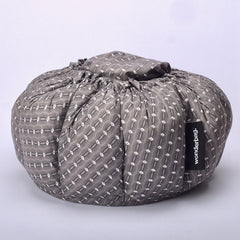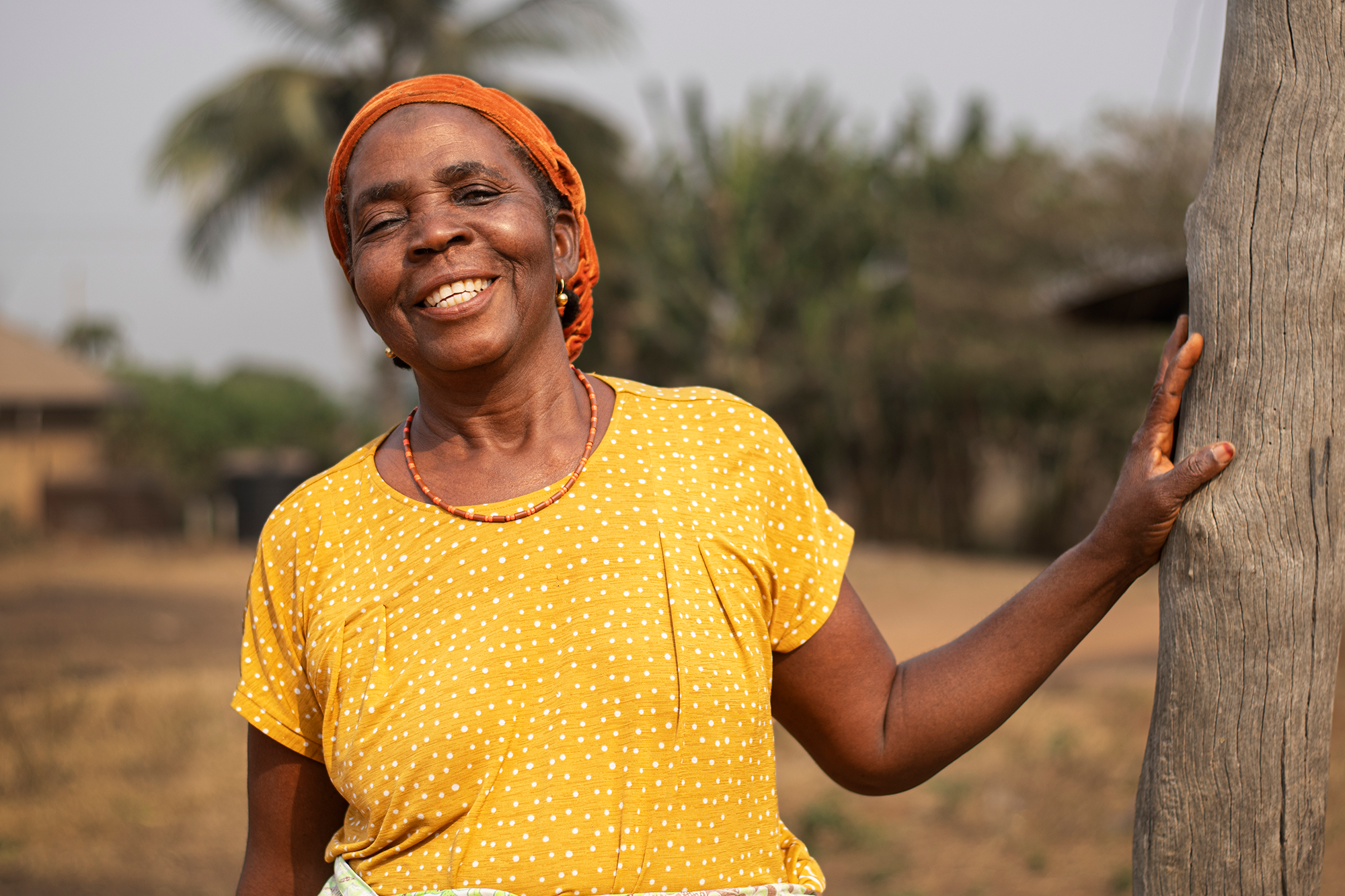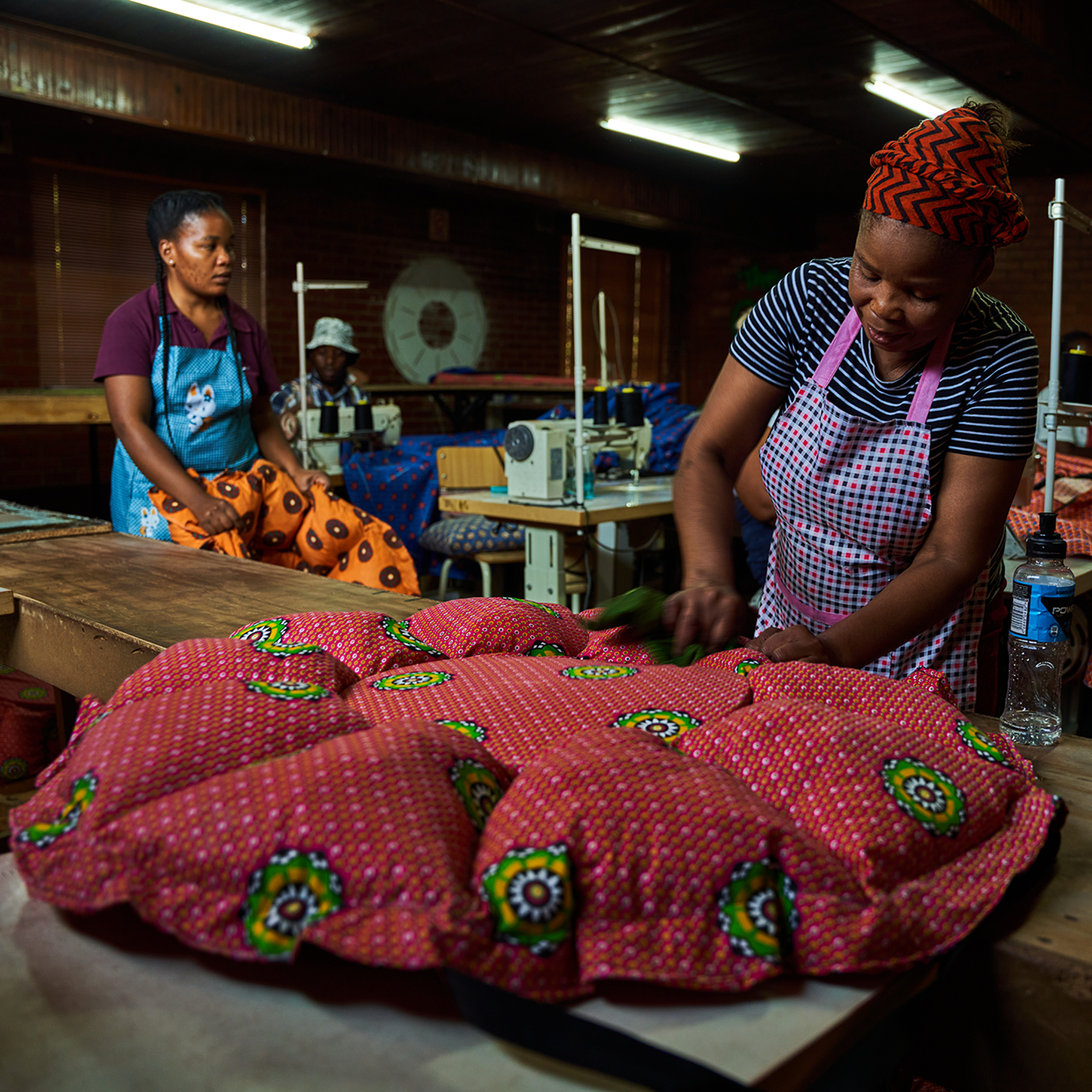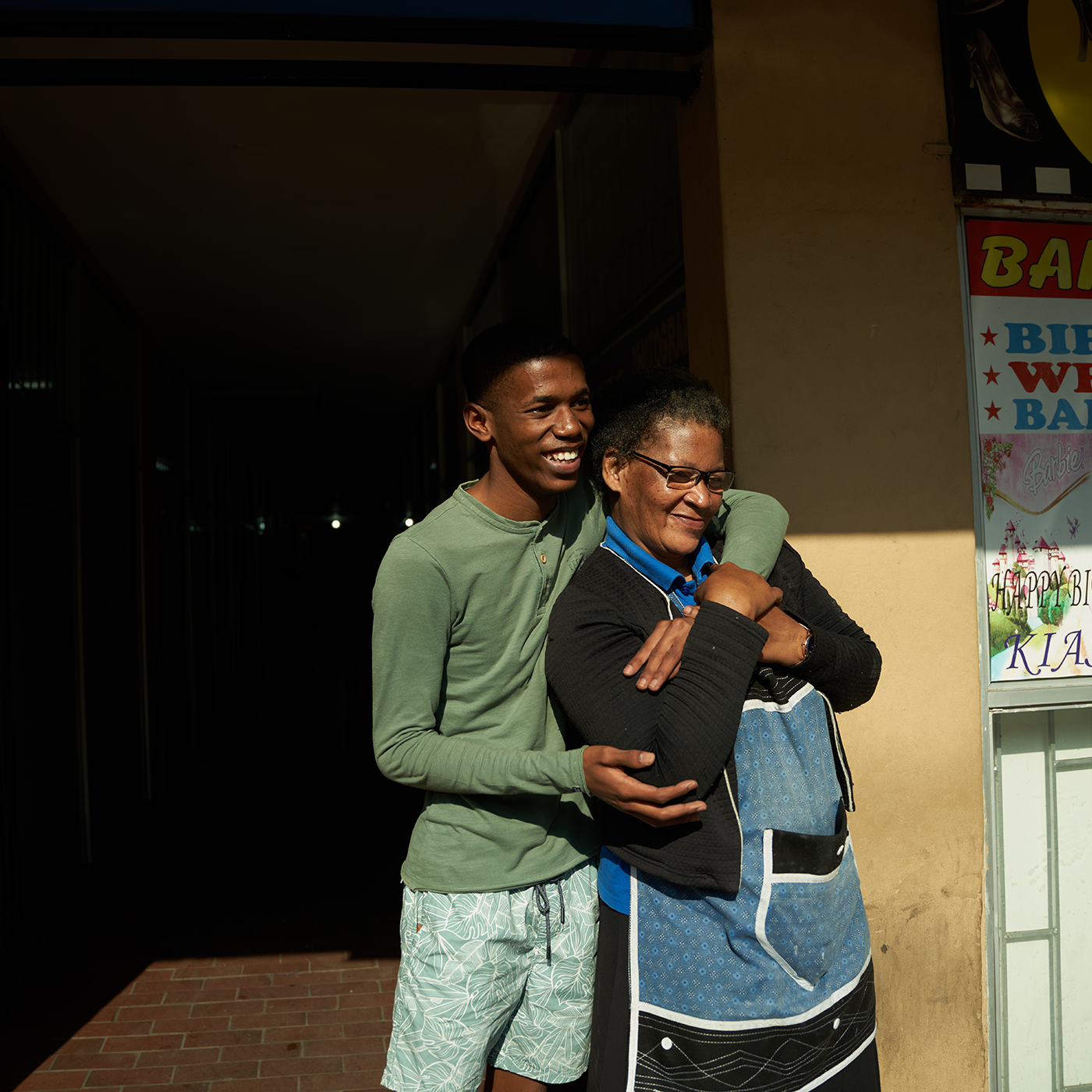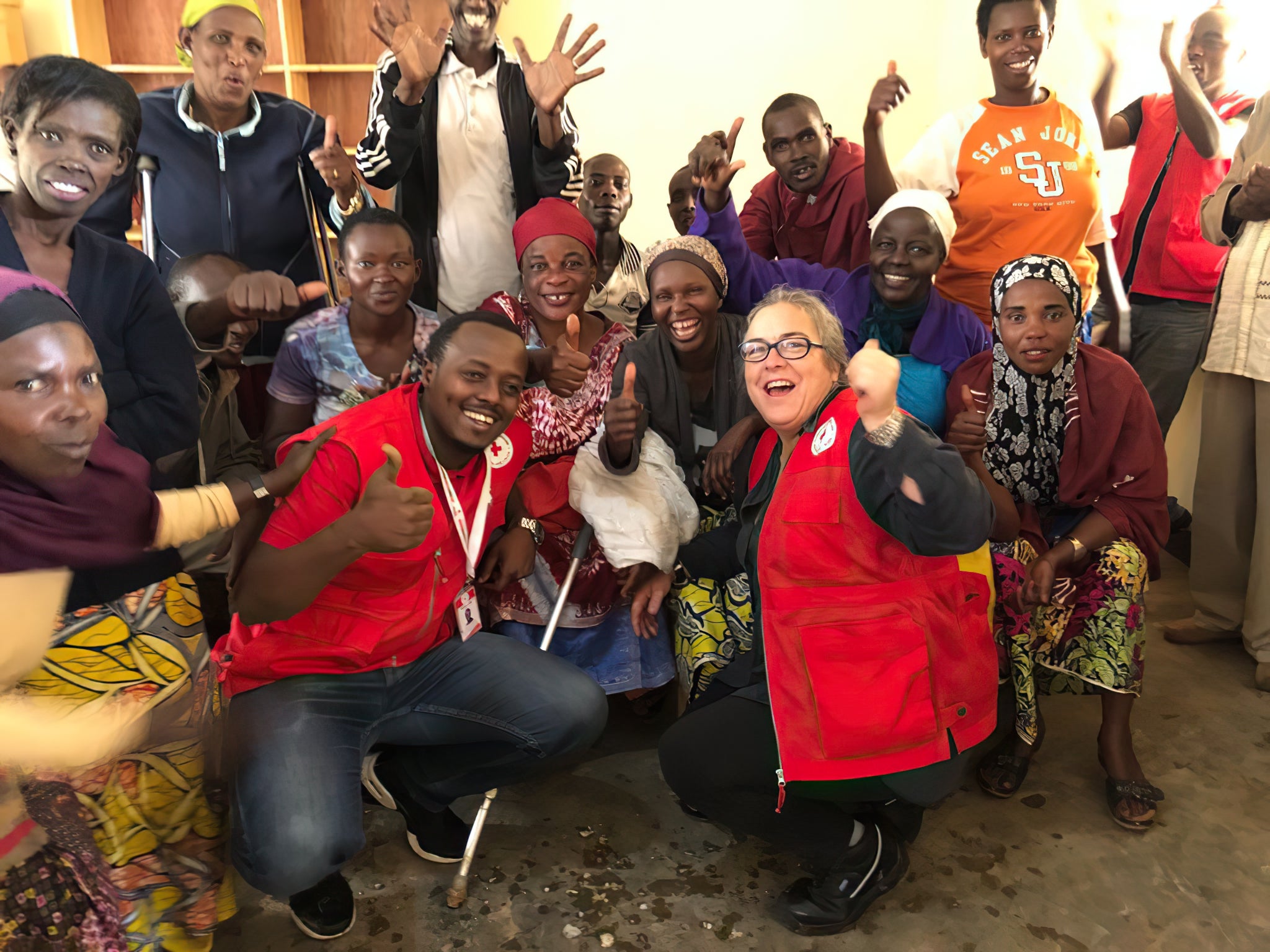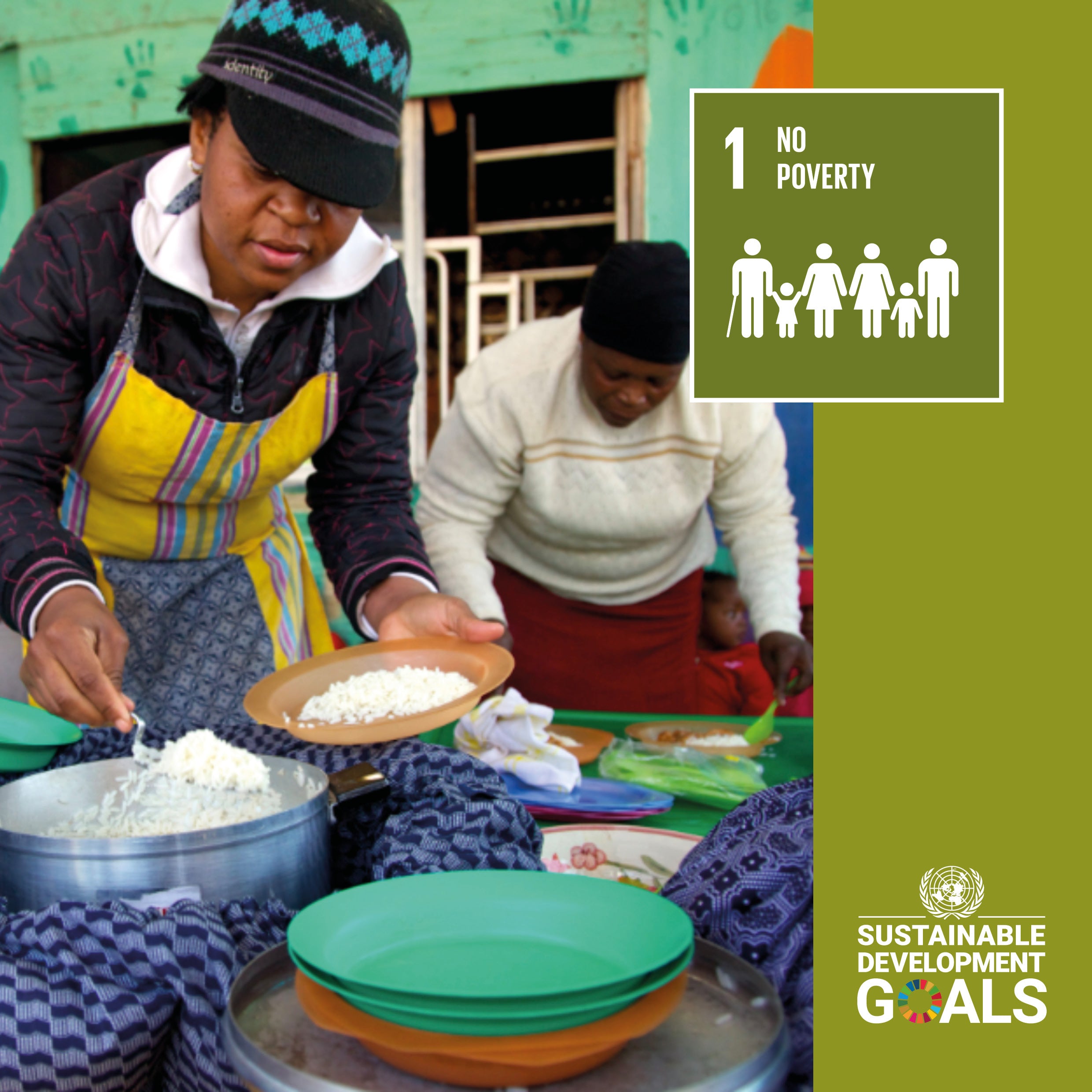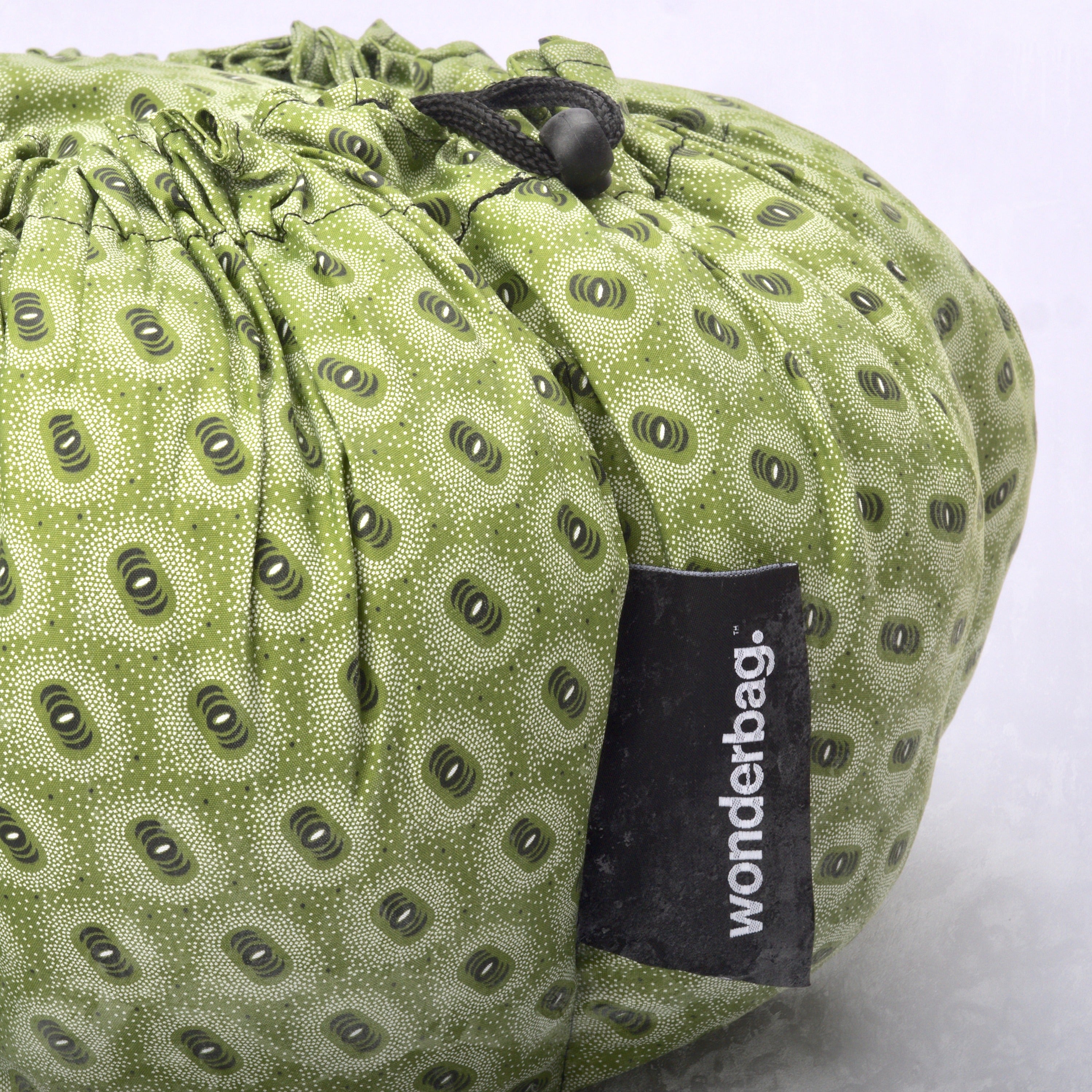By now we all know the significant impact that carbon emissions are having on global warming, and if we are to tackle the climate crisis, we must drastically reduce our carbon emissions.
There are currently 2.5 billion people around the world cooking over an open fire, and they do so using fossil fuel and biomass such as wood, coal, gas, and cow dung. As these fuels are burned they release carbon into the atmosphere, and when trees are cut down for firewood, they can no longer sequester carbon from the atmosphere.
The solution is simple - if we can reduce the amount of fuels being burned, we can reduce the amount of carbon in the atmosphere.
This is where Wonderbag works wonders.
By utilizing heat retention cooking, a Wonderbag enables users to simply switch off their energy source once their food is simmering, transfer the pot of food to a Wonderbag, and see their food continue to cook for up to eight hours without any additional energy being required.
Our data highlights that each year, one Wonderbag can cut fuel usage by an astonishing 70 percent, save five trees from being cut down, and reduce carbon emissions by one tonne. This is in addition to other major benefits such as female empowerment, job creation, and significant cost savings for families.

How are the carbon savings calculated?
Wonderbag launched the Recipe for Change Grouped Project (2384) in South Africa in 2019, registered under Verra (VCS) with a start date of 15 March 2019. The project is renewable every seven years for three cycles, giving it a total lifespan of 21 years.
It currently includes the first three completed monitoring periods and is now undergoing the fourth issuance (see our Recipe For Change page for further information).
The project operates across rural and peri-urban areas, targeting communities most affected by climate change, energy poverty, and economic vulnerability. Wonderbags are subsidized to make them affordable for these households, with carbon finance providing the necessary support to maintain accessibility.
Given the severe climate crises South Africa has faced over the past five years, the need for climate-resilient projects offering alternative cooking energy solutions is more urgent than ever.
The project is registered on the Verra registry and is COAS eligible in South Africa.
You can find more information by logging onto VERRA website.


